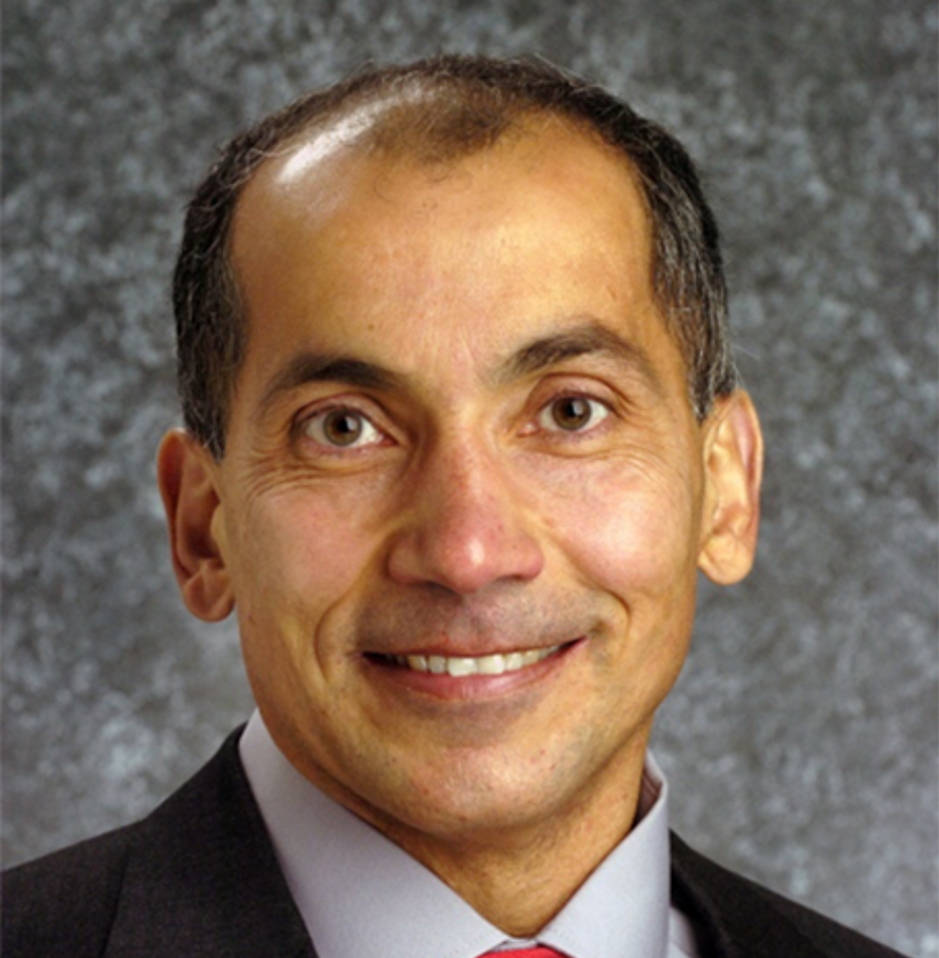In recent decades the Middle East has been considered one of the most conflict-ridden regions in the world. Indeed the rivalry between Iran and its Arab neighbors has been a defining character of the political history of this part of the world. Sectarian and ethnic divisions drive this rivalry. This rivalry aside, the two peoples on both sides of the Gulf share a great deal of similarity and common interests. The Gulf region holds massive hydrocarbon deposits. Iran, Iraq, Kuwait and Saudi Arabia (along with Venezuela) are the founding fathers of the Organization of Petroleum Exporting Countries (OPEC). Iran and its Arab oil producing neighbors share similar interests and concerns. They all seek secure and stable energy demand at reasonable price. This workshop will examine potential areas of energy cooperation between Iran and its Arab neighbors.
3 DAYS / 12 Workshops
MORE THAN 300 ACADEMIC PAPERS
The large and growing literature focuses on the rivalry between Iran and its Arab
neighbors. In addition to sectarian and ethnic rifts, the two sides have recently taken
opposite stances on several key issues particularly Tehran’s nuclear program, Iraq, Syria
2
and Lebanon (among others). Despite these fundamental differences, top officials
exchange visits and cultural and economic cooperation is expanding. The bottom line is
Iran and Arab States will always be neighbors and will always share the Gulf. Economic
and cultural exchanges can help overcome political differences. The economic sector on
the two sides of the Gulf is dominated by oil and gas industry. The two sides share
several oil fields and as major producers and exporters, they seek stable energy markets.
These shared energy interests are particularly important given the sharp drop in oil prices
since the mid-2014. In the last six months of 2014 oil prices dropped by approximately
50 percent and Iran is blaming Saudi Arabia for this sharp price drop. This fall reflects
the growing imbalance between supply and demand. On the supply side, the so-called
shale gas and tight oil revolution in the United States has brought substantial extra oil
supplies in recent years. On the demand side, the improved energy efficiency in Europe
and the United States has slowed the growth in demand. Some analysts claim that in
addition to this rising supply and falling demand, political motives have played role in the
collapse of oil prices. The arguments for and against such claims will be examined in this
workshop.
In January 2015 the International Monetary Fund (IMF) revised its World Economic
Outlook (WEO). Analysts at the IMF suggest that oil future prices point to a partial
recovery in coming years. This anticipated recovery would be consistent with the
expected negative impact of lower oil prices on investment and future capacity growth in
the oil sector. Cooperation between Iran and Arab oil producers (and other producers
such as Russia, Norway, Venezuela, and Mexico among others) is certain to accelerate oil
prices recovery.
Workshop Goals:
The goal of this workshop is to explore opportunities to establish and expand security and
cooperation in the Persian Gulf by focusing on energy ties between the GCC States and
Iran. This workshop aims to provide a venue for the scholars and decision makers to
discuss and analyze strategies to promote cooperation in areas such as prices, exploration,
shipping and pipelines. The participants will also address energy challenges such as
protecting energy infrastructure and facilities from terrorist attacks and improving cyber
security.
